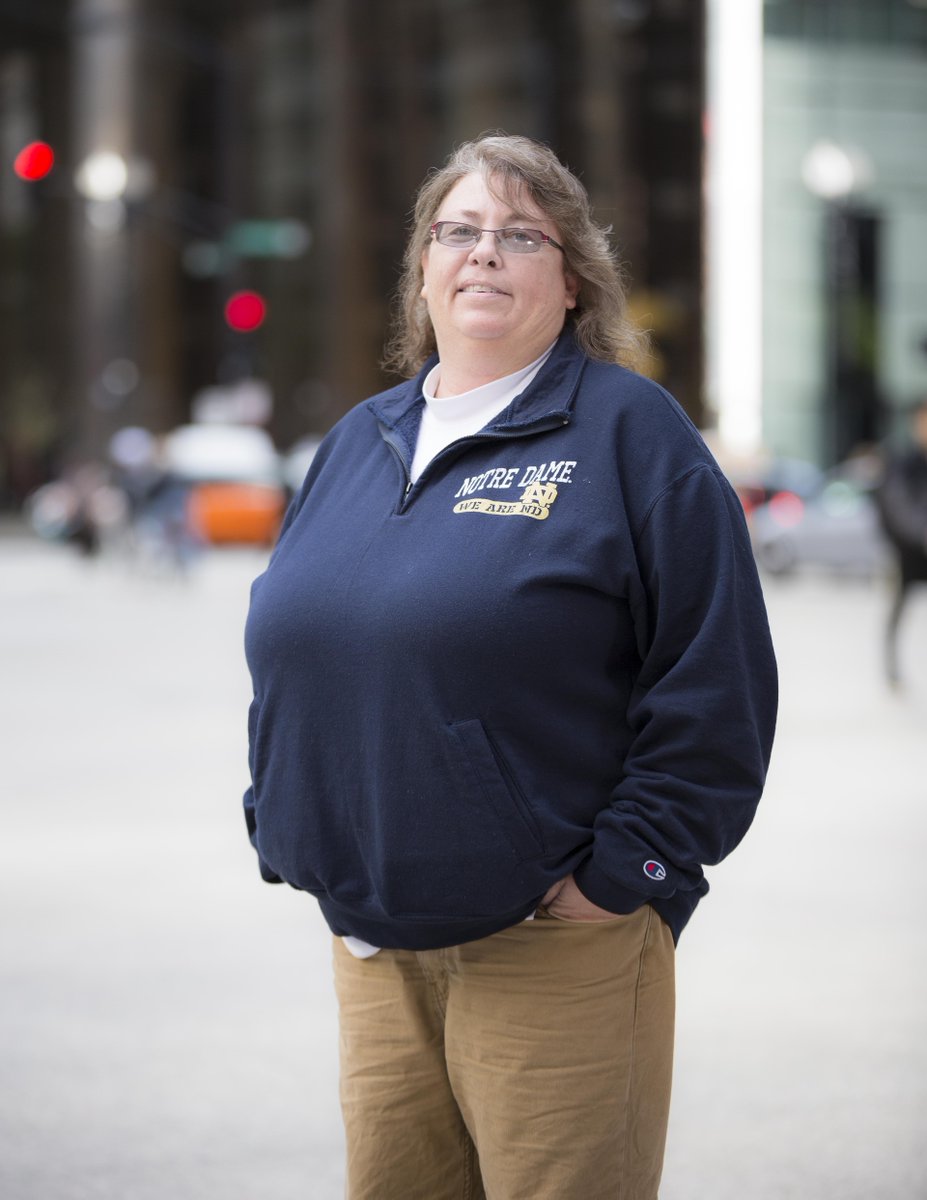Gay and Lesbian Workers Just Scored a Huge Victory
By:
The 7th Circuit Court of Appeals ruled Tuesday that employers cannot discriminate against workers because of their sexual orientation in a case was brought by Kim Hively, a former math instructor at Ivy Tech Community College in South Bend, Indiana.
Now, there's a chance more cases like these will start popping up around the nation.
 Lambda Legal - twitter.com
Lambda Legal - twitter.com
She sued the school in 2014 because she was repeatedly turned down for a promotion to work there full-time, saying that administrators rejected her because she's a lesbian.
Her case was initially turned down last year, but Lambda Legal, the LGBT group that represented her, appealed that decision, claiming the school violated the Civil Rights Act of 1964. The law prohibits discrimination in the workplace based on race, religion, sex, color, and national origin. Hively's lawyers argued the category of "sex" in the law also applies to sexual orientation.
The full 11-judge panel sided with her 8 to 3.
Judge Richard Posner, who sided with the majority, wrote in his opinion that the court should reevaluate how it interprets that specific category. "'Sex' in 1964 meant gender, not sexual orientation," he wrote, "what the framers and ratifiers [of the Civil Rights Act] didn't understand was how attitudes toward homosexuals would change in the following half century. They shouldn't be blamed for that failure of foresight."
Lambda Legal CEO Rachel Tiven, agrees.
“It might have been acceptable in the 1970s and 1980s, but society no longer thinks it’s OK to fire someone just because you don’t want a queer person working for you," she told ATTN:.
The ruling only applies to those living in Illinois, Wisconsin, and Indiana, the states covered by the 7th Circuit. Tiven said it's a particularly big deal for people living in Indiana, where there are no pre-existing protections for LGBT people at the state level. Notably, back in 2007, then-Congressman Mike Pence voted against the Employment Non-discrimination Act, which would have barred employers from discriminating against LGBT people nationwide. Pence would later go on to support other anti-LGBT measures in Indiana when he served as governor.
And since these cases only apply to certain states, the issue isn't fully resolved - but Tiven says, like marriage equality, those cases will have to be heard at a higher level.
“It is highly, highly likely that the issue of sex discrimination — and that the law also protects lesbians, gays, and transgender people — will go to the Supreme Court in the next couple of years," she told ATTN:.
Ivy Tech said it would not appeal the ruling, so Kim Hively's case won't be going to the U.S. Supreme Court. But given that it's unlikely the current Congress will pass any anti-LGBT discrimination laws anytime soon, another suit may end up at that level in the future to decide whether LGBT people are protected nationwide.
According to the Human Rights Campaign, just 29 states offer some form of protection for LGBT workers, though some of those states only protect public employees. And at least 10 of those states don't include gender identity as a protected category against workplace discrimination.
